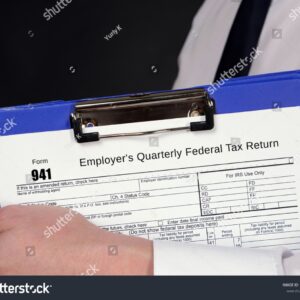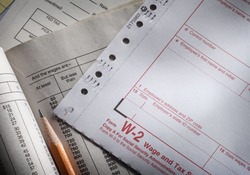Description
In many requests for reasonable accommodation, one must verify non-observable disabilities. It is important to know when or if a verification is necessary. We will do a review of the protected classes and when a reasonable accommodation is necessary. There are nuances to the request for accommodations.
We will discuss the difference between reasonable accommodations and reasonable modifications. Either type of accommodation will require a verification. If needed, we will discuss how to verify either type.
Also will discuss HUD’s new ruling on verification of service or assistance animals. One must understand the differences in verification for service or assistance animals.
We will cover the verification forms themselves. What information is required, how is it transmitted, who should sign the form and how log is it good for.
Session Highlights:
- Discussed will be a review of the protected classes.
- Time frames for decision on reasonable accommodation requests
- Difference between service and assistance animals
- What questions may be asked about disability
- Definition of disability when concerning accommodation
- Online animal verifications
Who should attend?
- Property Managers
- Property owners
- Leasing agents
- Builders
- Developers
- Realtors
- Housing Authorities




